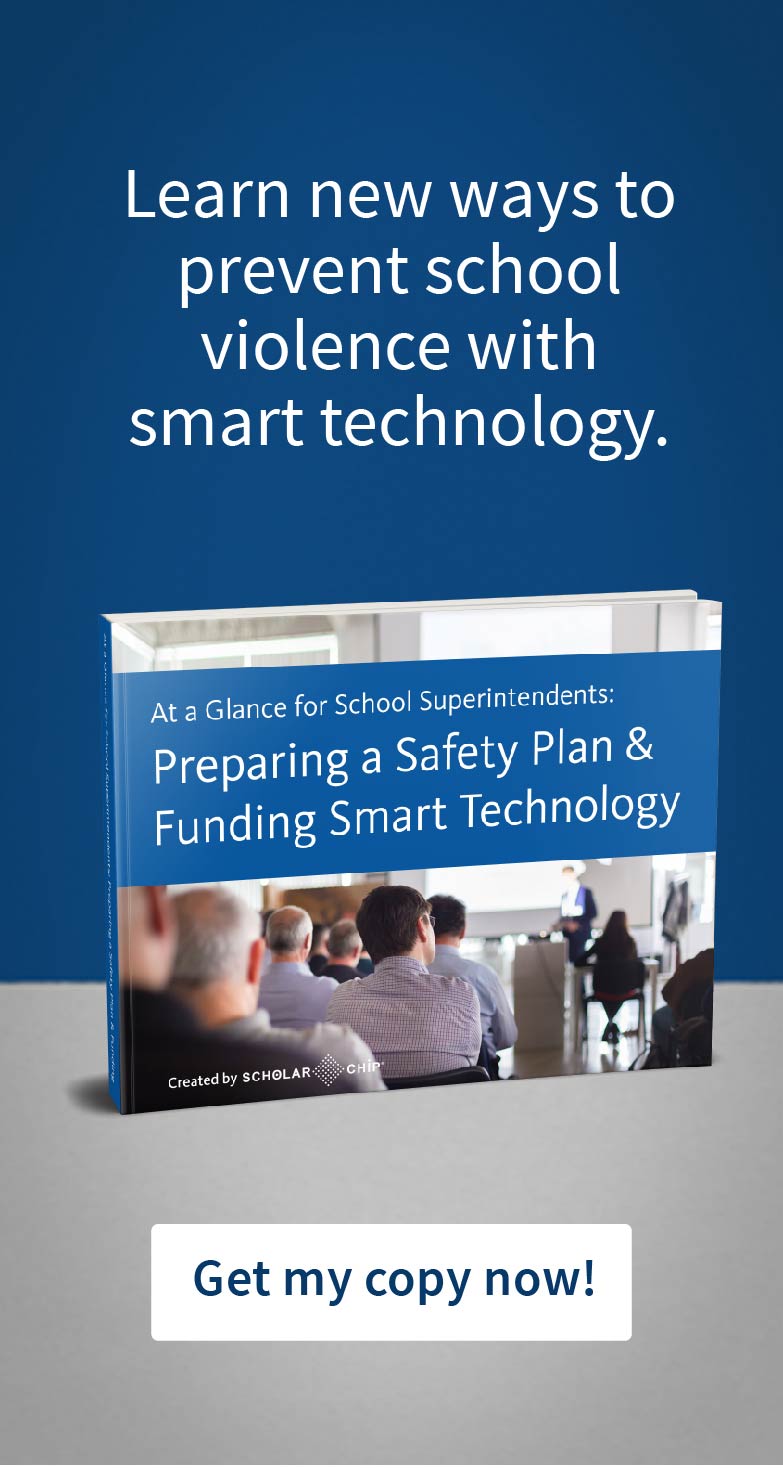School officials today are being asked to do more than educate students. They’re also expected to address many other aspects of students’ lives. One of those areas is social/emotional learning. Identifying and addressing emotional issues early is critical for several reasons, including student well-being, school safety and learning outcomes for all pupils. That’s why establishing school-based social/emotional learning programs is imperative.
Why School-Based Social/Emotional Learning Problems
Mental illness has become far more prevalent today, in part because of a reduction in the stigma associated with conditions such as depression and anxiety.
The scope of mental illness among school-aged children is significant. Consider the following:
- According to the National Alliance on Mental Illness, 1 in 5 school-aged children has a social/emotional learning condition
- 50 percent of lifetime mental illness cases begin by age 14.
- The average delay between the onset of mental illness symptoms and intervention is 10 years.
- Suicide is the third leading cause of death in youth.
- 37 percent of students 14 and older with a social/emotional learning condition drop out of school.
- 70 percent of youth in state and federal justice systems have a mental illness.
Those statistics point to the need for early identification and intervention to improve student outcomes in and out of the classroom.
What Are the Advantages of School-Based Social/Emotional Learning Programs?
With all that is asked of school leaders today, providing school-based social/emotional learning programs can seem like yet another mandate that schools are poorly equipped to handle. However, there are many reasons why an investment in these solutions makes sense:
- Better outcomes—According to the National Association of School Psychologists, research indicates that students who have social/emotional learning support do better academically.
- Critical need—As noted above, there’s an urgent need for social/emotional learning treatment
- Right setting—Children are in a school setting at least 6 hours per day, surrounded by psychologists, counselors, social workers, nurses and teachers.
- Right training—These professionals know students and their families. They’re trained to identify social/emotional learning symptoms and intervene. What’s more, they have the expertise in classroom and behavior management, learning disabilities, individual and group counseling and education law.
What Is the Impact of Social/Emotional Learning on School Safety?
School safety is paramount in school systems nationwide. Often, social/emotional learning is at the root of the behaviors that students display.
In the final report of the Federal Commission on School Safety, officials note that access to school-based social/emotional learning services “is an important aspect of prevention.” The commission notes that school principals cited mental health issues as one of their greater challenges, but that many schools do not have the capacity to identify and treat mental illness.
The commission recommends “integrating social/emotional learning prevention and treatment services and supports into schools,” noting that the potential benefits include:
- Reducing the risk of social/emotional learning disorders.
- Providing more access to treatment.
- Reducing the stigma associated with mental illness.
The report also emphasizes the importance of identifying youth at risk for psychosis and providing early intervention to curb the severity and long-term effects of serious mental illness.
A recent article puts the issue more bluntly, arguing that in the wake of the Parkland shootings, social/emotional learning is the key to effective school safety. It also notes that while providing additional support for social/emotional learning issues has widespread support, schools wrestle with what strategies to deploy to keep students safe.
“There’s no magic wand schools can wave to improve social/emotional learning in their classrooms,” the article states. “Still, student social/emotional learning should be an important part of any school safety plan.”
What’s Being Done About Student Social/Emotional Learning at the Federal and State Levels?
Multiple legislative initiatives have tried to address the issue of social/emotional learning and school safety, including:
- The Mental Health Services for Students Act, introduced in the U.S. House and Senate in 2019, would increase access to comprehensive social/emotional learning programs.
- The Increasing Access to Mental Health in Schools Act, introduced in 2018, would have provided more training to increase the number of school counselors in low-income areas. The bill died in committee.
- California passed two bills improving school access to suicide prevention information.
- Texas Gov. Bill Abbott has unveiled a school safety action plan that includes more social/emotional learning resources.
- New York and Virginia now mandate social/emotional learning education as part of school curricula.
How To Address School Social/Emotional Learning
Addressing the related issues of school-based social/emotional learning programs and school safety requires solutions designed to identify and address behavioral issues quickly.
At ScholarChip, we’re committed to helping school districts with important school safety issues. Our Alternative Behavior Educator (ABE) teaches better behavior and monitors progress throughout a student’s career.
The behavior intervention program gives principals, teachers, and administrators specific data-driven reports surrounding behavior management and flags possible at-risk students. The program also provides a reward system when a student meets the requirements for better behaviors, providing schools with an incentive-based tool to address school behavioral issues early and prevent dire consequences.
ABE is one of the solutions ScholarChip provides to schools looking to improve school safety. With smart ID cards, visitor management, door access and mobile monitoring solutions from ScholarChip, your schools will be safer and learning outcomes will improve.
Learn more about ScholarChip’s ABE program and other services by scheduling a free, no-obligation introductory consultation.

